Find the Best Pool Removal Contractors in UK
Reclaim Your Backyard Space
Need Other Demolition or Construction Services?
Demolition Companies
Find licensed and insured demolition contractors near you. Get free quotes for residential and commercial demolition projects.
Land Excavation Experts
Need excavation work done? We can connect you with reputable excavation contractors in your area. Get quotes for your project today.
Commercial Demolition Contractors
We specialize in safe and efficient commercial demolition services. Our experienced team handles projects of all sizes.
Demolish Your House
Need an old house torn down? We provide safe and efficient house demolition services, preparing your lot for new construction.
Concrete Breaking
We offer expert concrete demolition and removal services for sidewalks, driveways, patios, and other concrete structures.
Asbestos Abatement Services
We provide safe and certified asbestos removal services to protect your health and the environment. Our team follows all regulations for proper disposal.
Find Construction Companies
Find reliable and experienced construction companies in your area for new home builds, renovations, and commercial projects.
Finding the Right Pool Removal Contractor Is Easy

- Tell Us About Your Pool Removal Project
- Describe your pool (inground, above-ground), size, location, and any specific removal or landscaping requests.
- We Connect You With Local Contractors
- We match you with experienced pool removal contractors who service your area and have the expertise for your pool type.
- Compare Quotes & Choose The Best Fit
- Review quotes, compare services, and select the contractor that aligns with your project needs and budget.
- Start Your Pool Removal!
- Begin your pool removal project confidently, knowing you have a reputable and reliable contractor on board.
Why Choose DemolitionMatch.com for Your Pool Removal?
Why Choose DemolitionMatch for Your Demolition Needs?
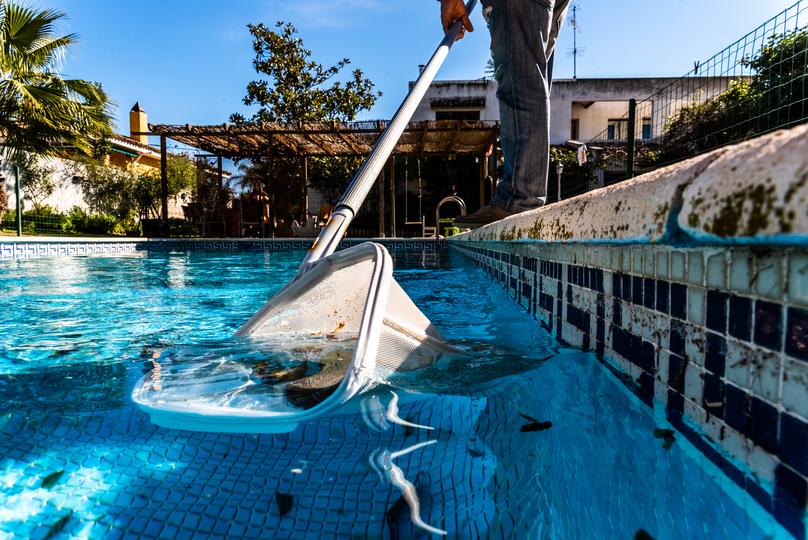
- Experienced Pool Removal Specialists
- We connect you with contractors who specialize in pool removal, ensuring they have the expertise and equipment for both inground and above-ground pools.
- Hassle-Free Process
- We simplify finding and hiring pool removal experts. Submit your project, receive quotes, and compare services - all on one platform.
- Safety and Compliance
- We prioritize safety and adhere to regulations. Our contractors are licensed, insured, and follow proper procedures for pool demolition and debris removal.
- Competitive Quotes
- Receive multiple quotes from reputable pool removal contractors, allowing you to compare pricing and choose the best value for your project.
- Peace of Mind
- We help you find trusted professionals, ensuring your pool removal is handled safely and efficiently, minimizing disruption to your property.
- Free To Use
- Our service is completely free for pool owners. Get started today and find the perfect pool removal contractor for your needs.
Pool Removal for Your Business?
Commercial Pool Removal

Digging Services
Need excavation work done? We can connect you with reputable excavation contractors in your area. Get quotes for your project today.
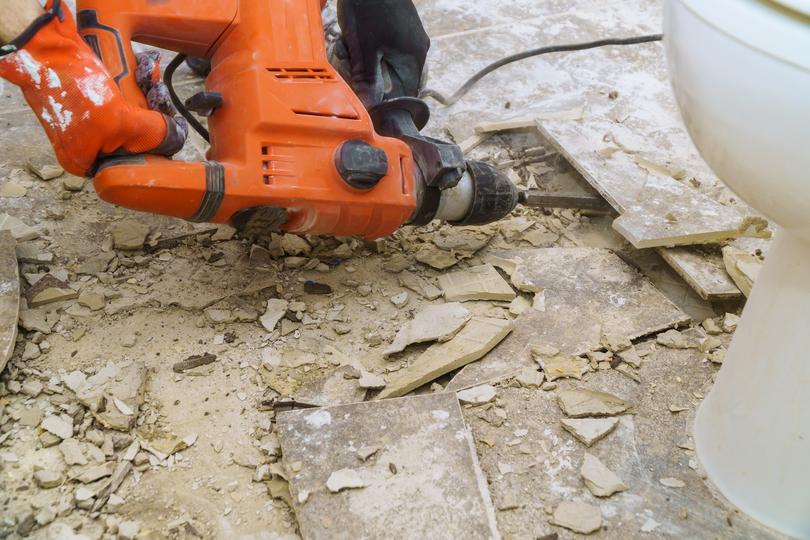
Commercial Demo
We specialize in safe and efficient commercial demolition services. Our experienced team handles projects of all sizes.
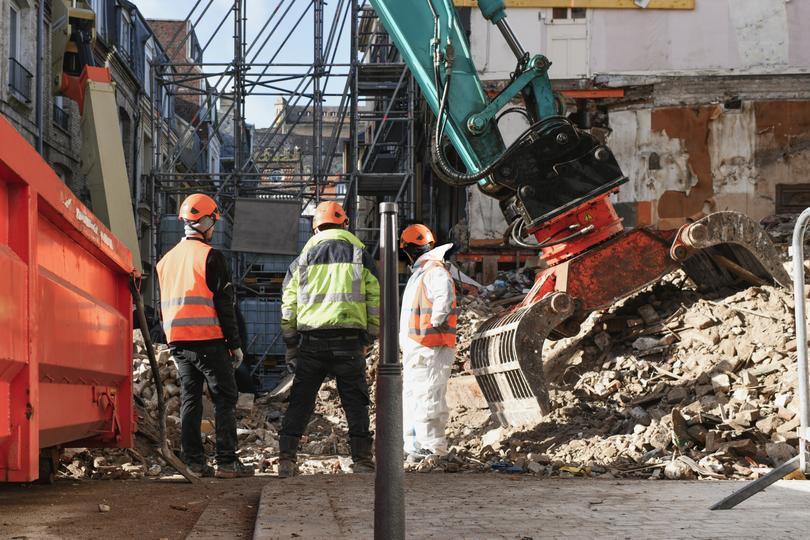
Concrete Removal Services
We offer expert concrete demolition and removal services for sidewalks, driveways, patios, and other concrete structures.

Asbestos Abatement Services
We provide safe and certified asbestos removal services to protect your health and the environment. Our team follows all regulations for proper disposal.
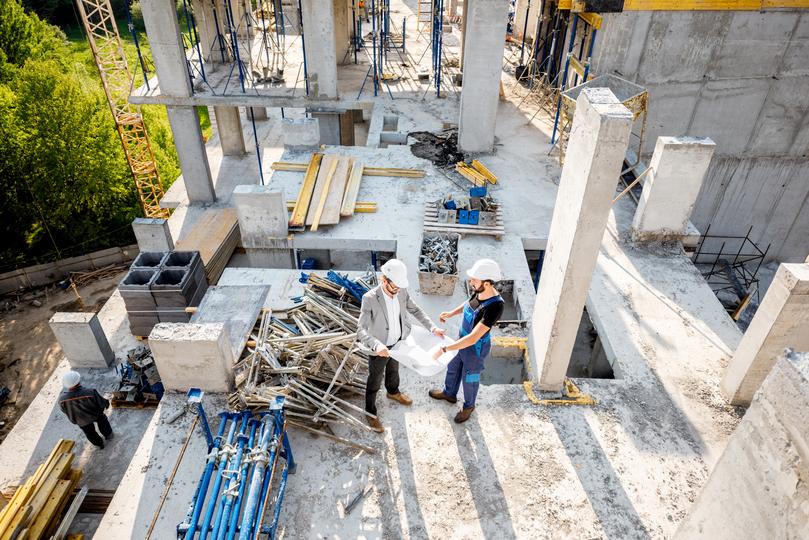
Commercial Construction Experts
Find reliable and experienced construction companies in your area for new home builds, renovations, and commercial projects.
Pool Removal for Your Home?
Residential Pool Removal
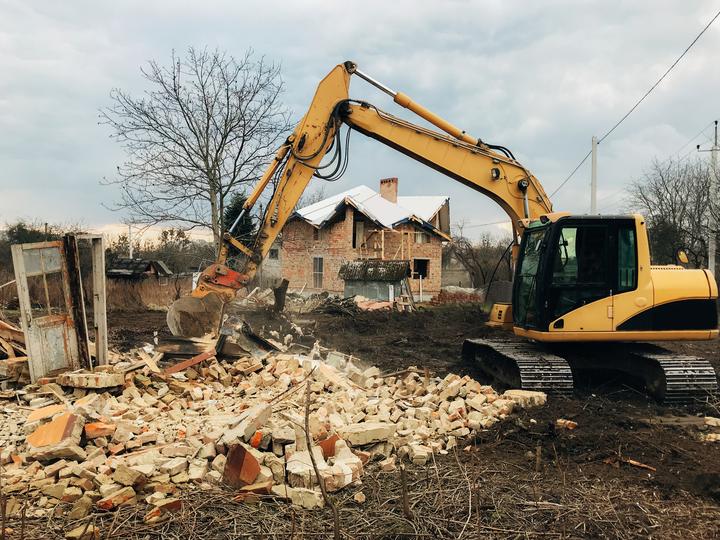
Demolition Companies
Find licensed and insured demolition contractors near you. Get free quotes for residential and commercial demolition projects.

Trenching and Excavation
Need excavation work done? We can connect you with reputable excavation contractors in your area. Get quotes for your project today.
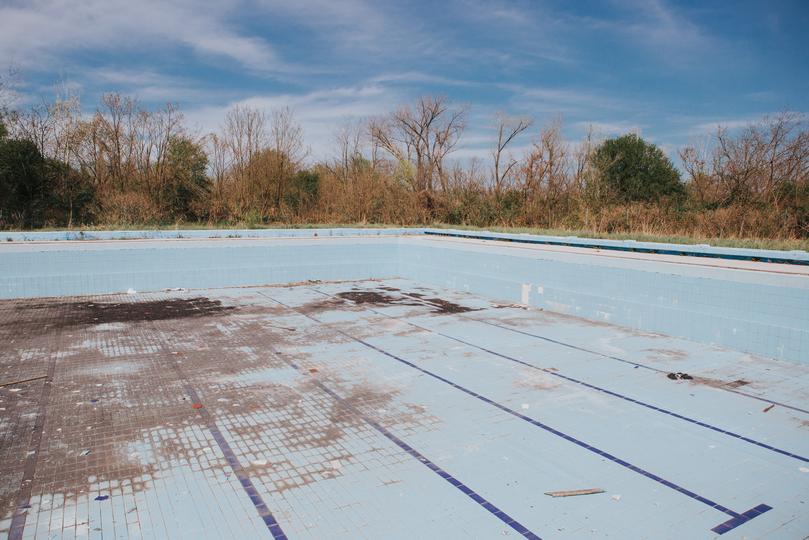
Above Ground Pool Removal Services
Need to get rid of your old pool? We offer safe and affordable pool removal services, including inground and above ground pools.

House Demolition
Need an old house torn down? We provide safe and efficient house demolition services, preparing your lot for new construction.

Concrete Removal Services
We offer expert concrete demolition and removal services for sidewalks, driveways, patios, and other concrete structures.

Asbestos Abatement Services
We provide safe and certified asbestos removal services to protect your health and the environment. Our team follows all regulations for proper disposal.

General Contractors
Find reliable and experienced construction companies in your area for new home builds, renovations, and commercial projects.
Ready to Remove Your Pool?
Find the Best Pool Removal Contractors on DemolitionMatch.com!
Pool Removal Glossary
Inground Pool
Above-Ground Pool
Partial Removal
Complete Removal
Backfilling
Compaction
Permit
Demolition Contractor
Excavator
Jackhammer
Dump Truck
Landfill
Recycling Center
Site Restoration
Landscaping
Frequently Asked Questions About Pool Removal
How much does pool removal cost?
- Pool type (inground vs. above-ground):
- Pool size:
- Removal method (partial vs. complete):
- Site access:
- Local regulations and permit fees.
How long does pool removal take?
What is the process for pool removal?
- Obtaining necessary permits.
- Draining the pool.
- Demolishing the pool structure (partial or complete).
- Backfilling the hole with appropriate material.
- Compacting the fill and restoring the site.
What are the different pool removal methods?
- Partial removal:
- Complete removal.
Do I need a permit for pool removal?
How do I choose a pool removal contractor?
- Experience and expertise:
- Proper licensing and insurance:
- Client references and reviews:
- Detailed estimates and transparent pricing.
What happens to the pool debris after removal?
Can I remove a pool myself?
What is the difference between partial and complete pool removal?
What should I do with the space after pool removal?
How do I know if my pool needs to be removed?
- Damaged or leaking beyond repair.
- Too expensive to maintain.
- Unused and taking up valuable space.
- Outdated and no longer desired.
What are the benefits of removing a pool?
- Increased property value.
- Lower maintenance costs.
- Enhanced safety.
- More usable space.
- Improved aesthetics.
What are the environmental considerations for pool removal?
How do I get a quote for pool removal?
What insurance should a pool removal contractor have?
What questions should I ask a pool removal contractor?
- How long have you been in business?
- Are you licensed and insured?
- Can you provide references?
- What is your process for pool removal?
- How do you handle debris disposal?
How can I tell if a pool is leaking?
- A consistently dropping water level.
- Cracks or damage in the pool structure.
- Wet spots around the pool area.
- Increased water bills.
What are the different types of pool liners?
- Vinyl Liners: These are the most common and typically the easiest to remove. They are relatively thin and flexible.
- Fiberglass Liners: Fiberglass pools have a smooth, non-porous surface. Removing them involves breaking up the fiberglass shell, which can be more labor-intensive.
- Concrete Pools: Concrete pools are the most durable but also the most complex to remove. Demolition typically involves breaking up the concrete with heavy equipment like jackhammers or excavators.
How do I maintain a pool?
- Regular Cleaning:
- Water Chemistry Balancing:
- Filter Maintenance:
- Equipment Inspection and Repair:
- Leak Detection and Repair:
How often should I drain my pool?
How do I winterize my pool?
- Balancing the water chemistry.
- Lowering the water level.
- Cleaning the pool thoroughly.
- Adding winterizing chemicals.
- Protecting plumbing lines from freezing.
- Covering the pool with a winter cover.
How do I open my pool after winter?
- Removing the winter cover.
- Raising the water level.
- Reconnecting and inspecting pool equipment (pump, filter, heater).
- Cleaning the pool and removing any debris.
- Balancing the water chemistry.
Can I fill in a pool with dirt?
- Uneven Settling:
- Poor Drainage:
- Structural Damage:
- Hidden Hazards:
What are some landscaping ideas for the area after pool removal?
- Patio or Deck:
- Garden or Lawn Area:
- Fire Pit or Outdoor Kitchen:
- Play Area or Sport Court:
- Xeriscaping (for water conservation):
How much does pool removal cost?
- Pool type (inground vs. above-ground):
- Pool size:
- Removal method (partial vs. complete):
- Site access:
- Local regulations and permit fees.
How long does pool removal take?
What is the process for pool removal?
- Obtaining necessary permits.
- Draining the pool.
- Demolishing the pool structure (partial or complete).
- Backfilling the hole with appropriate material.
- Compacting the fill and restoring the site.
What are the different pool removal methods?
- Partial removal:
- Complete removal.
Do I need a permit for pool removal?
How do I choose a pool removal contractor?
- Experience and expertise:
- Proper licensing and insurance:
- Client references and reviews:
- Detailed estimates and transparent pricing.
What happens to the pool debris after removal?
Can I remove a pool myself?
What is the difference between partial and complete pool removal?
What should I do with the space after pool removal?
How do I know if my pool needs to be removed?
- Damaged or leaking beyond repair.
- Too expensive to maintain.
- Unused and taking up valuable space.
- Outdated and no longer desired.
What are the benefits of removing a pool?
- Increased property value.
- Lower maintenance costs.
- Enhanced safety.
- More usable space.
- Improved aesthetics.
What are the environmental considerations for pool removal?
How do I get a quote for pool removal?
What insurance should a pool removal contractor have?
What questions should I ask a pool removal contractor?
- How long have you been in business?
- Are you licensed and insured?
- Can you provide references?
- What is your process for pool removal?
- How do you handle debris disposal?
How can I tell if a pool is leaking?
- A consistently dropping water level.
- Cracks or damage in the pool structure.
- Wet spots around the pool area.
- Increased water bills.
What are the different types of pool liners?
- Vinyl Liners: These are the most common and typically the easiest to remove. They are relatively thin and flexible.
- Fiberglass Liners: Fiberglass pools have a smooth, non-porous surface. Removing them involves breaking up the fiberglass shell, which can be more labor-intensive.
- Concrete Pools: Concrete pools are the most durable but also the most complex to remove. Demolition typically involves breaking up the concrete with heavy equipment like jackhammers or excavators.
How do I maintain a pool?
- Regular Cleaning:
- Water Chemistry Balancing:
- Filter Maintenance:
- Equipment Inspection and Repair:
- Leak Detection and Repair:
How often should I drain my pool?
How do I winterize my pool?
- Balancing the water chemistry.
- Lowering the water level.
- Cleaning the pool thoroughly.
- Adding winterizing chemicals.
- Protecting plumbing lines from freezing.
- Covering the pool with a winter cover.
How do I open my pool after winter?
- Removing the winter cover.
- Raising the water level.
- Reconnecting and inspecting pool equipment (pump, filter, heater).
- Cleaning the pool and removing any debris.
- Balancing the water chemistry.
Can I fill in a pool with dirt?
- Uneven Settling:
- Poor Drainage:
- Structural Damage:
- Hidden Hazards:
What are some landscaping ideas for the area after pool removal?
- Patio or Deck:
- Garden or Lawn Area:
- Fire Pit or Outdoor Kitchen:
- Play Area or Sport Court:
- Xeriscaping (for water conservation):
